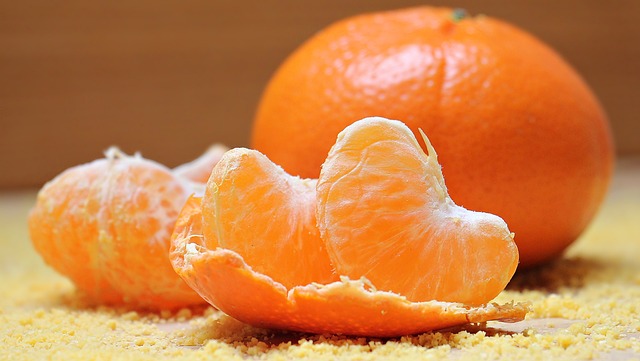Probiotics 101: Everything You Need to Know for a Balanced Microbiome
The human body is home to trillions of microorganisms, including bacteria, viruses, and fungi. While the thought of having so many “bugs” living in and on our bodies may seem off-putting, the majority of these microorganisms are beneficial and essential for maintaining our health.
One key group of microorganisms that play a crucial role in our well-being is probiotics. Probiotics are live bacteria and yeasts that provide various health benefits when consumed in adequate amounts. These microorganisms are similar to the beneficial bacteria naturally present in our gut.
What Do Probiotics Do?
Probiotics primarily work by promoting a healthy balance of microorganisms in our gut, known as the gut microbiome. A balanced microbiome is essential for proper digestion, nutrient absorption, immune function, and overall well-being.
Some of the key functions and benefits of probiotics include:
- Improved Digestive Health: Probiotics help maintain a healthy gut by inhibiting the growth of harmful bacteria and promoting the breakdown of food.
- Boosted Immune System: Probiotics stimulate the body’s natural defense mechanisms, helping to enhance immune response and protect against infections.
- Reduced Inflammation: Certain strains of probiotics have been found to reduce inflammation in the gut and throughout the body, potentially benefiting conditions such as inflammatory bowel disease.
- Enhanced Mental Well-being: The gut and brain are intricately connected through the gut-brain axis. Emerging research suggests that probiotics can positively impact mental health by influencing brain function and reducing symptoms of anxiety and depression.
- Better Oral Health: Probiotics can help maintain a healthy balance of bacteria in the mouth, promoting good oral health and reducing the risk of cavities and gum disease.
Food Sources of Probiotics
Probiotics can be found in various fermented foods and beverages, which undergo a process of lactofermentation. Some common food sources of probiotics include:
- Yogurt: Yogurt is perhaps the most well-known probiotic food. Look for yogurts labeled as containing live and active cultures.
- Kefir: This fermented milk drink is packed with probiotics and is especially beneficial for those who are lactose intolerant.
- Sauerkraut: Made from fermented cabbage, sauerkraut is a rich source of probiotics.
- Kombucha: This tangy, fermented tea contains a variety of probiotics and beneficial acids.
- Miso: A traditional Japanese seasoning, miso is made from fermented soybeans and is a good source of probiotics.
Choosing the Right Probiotic Supplement
In addition to obtaining probiotics from natural food sources, many people opt for probiotic supplements to ensure an adequate intake. When choosing a probiotic supplement, consider the following factors:
- Strain Diversity: Look for a supplement that contains a variety of strains to target different areas of your microbiome.
- CFU Count: CFU stands for “colony-forming units” and indicates the number of viable microorganisms present in a supplement. Higher CFU counts (in the billions) are generally preferred.
- Survivability: Ensure that the supplement is designed to survive the acidic environment of the stomach and reach the intestines intact.
- Quality and Reputation: Choose a reputable brand that adheres to good manufacturing practices and conducts third-party testing for quality assurance.
Prebiotics: Fuel for Probiotics
Prebiotics are indigestible fibers that serve as food for probiotics. By providing nourishment to beneficial bacteria, prebiotics support their growth and colonization in the gut. Some common food sources of prebiotics include:
- Chicory Root: This root vegetable is rich in inulin, a type of prebiotic fiber.
- Garlic and Onions







